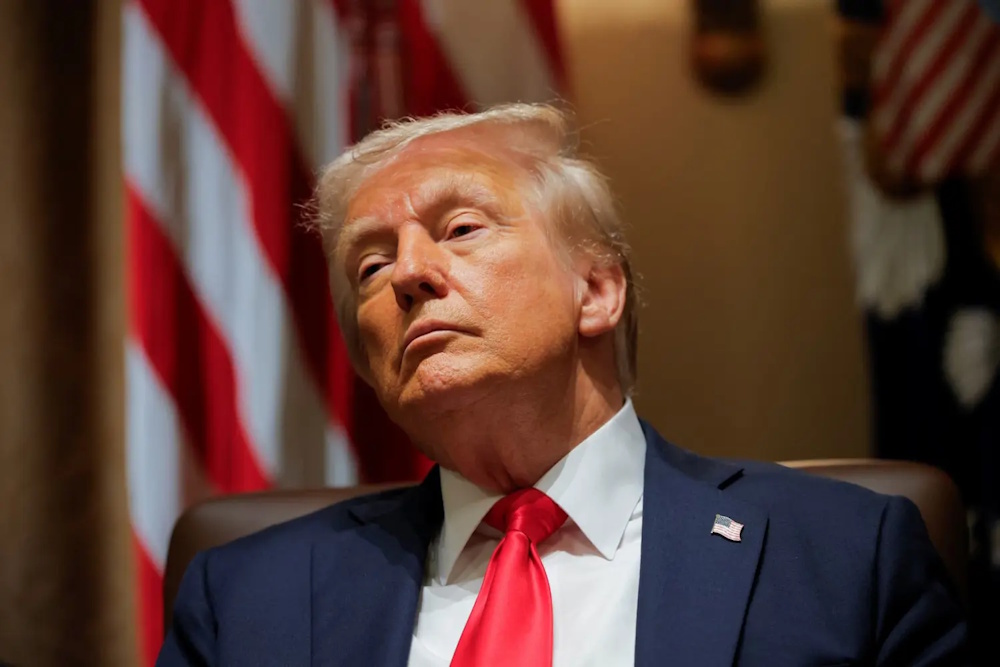
The sanctions imposed by President Donald Trump on Russia pose a threat to one of the notable aspects of the Trump economy: stable gas prices. The unexpected decision to impose sanctions on Russia, the world’s second-largest crude oil producer, immediately triggered a spike in oil prices on Wednesday. Analysts project a modest increase in pump prices in the near term. The challenge facing Trump lies in dismantling the Russian war apparatus while avoiding a significant price surge that could intensify existing voter discontent regarding the cost of living. “The market is exhibiting a pronounced reaction today. Many thought Trump would never do this,” stated Bob McNally. “Once the shock subsides, we anticipate that prices will stabilize. Nonetheless, it remains a narrow decision. There exists a limited margin for error.”
Record-high gas prices have posed significant challenges for the Biden-Harris administration following Russia’s invasion of Ukraine in 2022. High prices throughout the economy contributed to Trump’s return to the White House. Currently, Trump is attempting to bring a conclusion to that lethal conflict while maintaining low gasoline prices, a strategy that entails considerable risk. “If Trump does anything that abruptly removes Russian oil exports, we would have an immediate explosion in oil prices,” stated McNally. Yet Trump possesses the advantage of functioning from a position of strength regarding prices. Until recently, oil prices were positioned close to multi-year lows. Gas prices appeared poised to surpass the psychologically significant $3-a-gallon threshold. “If you want to send a strong signal to Russia, now is exactly the right time to do it when prices are low,” stated Dave Turk.
Trump attributes the success of his drill-baby-drill agenda to the current state of US oil production, which indeed stands at unprecedented levels, though production has remained relatively stable since the onset of his administration. The willingness of OPEC and Saudi Arabia to increase oil production significantly has shifted, as they aim to reclaim market share lost to various competitors, including frackers in Texas. “The confluence of events has enabled the United States to take a harder line with Russia,” stated Andy Lipow. However, an excessively stringent approach could have adverse effects by increasing the prominently observed price of gasoline, a metric that many Americans consider indicative of overall living expenses. “It will be a calibrated effort to hurt Putin while protecting motorists,” stated McNally.
Patrick De Haan anticipates a slight increase in gas prices in the near term, projecting a rise from $3.07 a gallon on Thursday to a range of $3.10 to $3.15. “It’s not going to be earth-shattering,” De Haan stated. McNally anticipates that the Trump administration will attempt to navigate a complex situation by imposing restrictions that complicate, yet do not entirely preclude, the purchase of Russian oil. If China and other nations continue to purchase Russian oil at a substantial discount compared to global prices, it may mitigate the risk of a shortage that could lead to increased costs for American consumers. However, it would simultaneously penalize Putin by diminishing the oil revenue that sustains the Russian military apparatus. McNally indicated that the most probable outcome is that Russia maintains its oil output at a more significant discount to Brent oil prices; however, he warned of a genuine risk that Moscow may be compelled to reduce production instead. “This is a close call,” McNally remarked. Polls suggest that voters perceive Trump as insufficiently addressing issues of affordability, even amidst low gas prices. “If you want to remain in power, you’ve got to be laser-focused on affordability,” stated Turk. “That is a significant lesson I derived from the preceding four years.”

